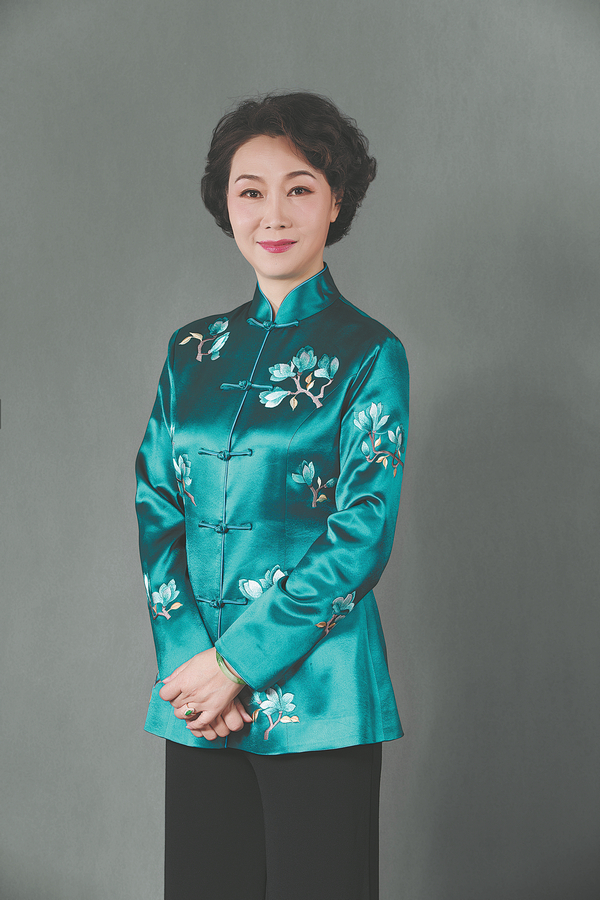

Wang Fang, a Suzhou native, has given her heart and soul to Kunqu Opera. Wang, who has twice won the Plum Performance Award-China's top award for theater and opera performances-started to learn the traditional art form in 1977. The then 14-year-old immersed herself in its beauty, and witnessed many ups and downs related to Kunqu in the following 40 years.
Born with a melodic voice, Wang loved to sing and dance when she was little. She performed frequently, and was recruited by the Suzhou Kunqu Opera Troupe when she was in middle school. However, her parents refused the troupe's invitation, insisting that she should concentrate on her studies and not drop out of school. After members of the troupe visited the parents repeatedly and showed great sincerity, they finally gave their agreement.
Learning the traditional art form was never easy. She started to learn how to pronounce words, sing them lyrically and make gestures gently. As an actress playing a role of martial artists at first, she had to spend extra time practicing kung fu movements. Years later, Wang used the word "unimaginable" to describe how hard the days were when she first learned Kunqu. She was soaked in sweat when practicing movements in summer, while in winter she often had chilblains on her hands when training in dilapidated classrooms with broken windows.
"But I was young and determined at the time. No matter how difficult, I always got up early the next morning to practice," Wang recalls. "I never complained to my parents because I didn't want them to worry about me."
Wang says she did not love Kunqu at first, but in her early 20s, when she watched the show Peony Pavilion performed by Zhang Jiqing, a master of the art form, it clicked.
"I was shocked," Wang says. "Her every movement was full of elegance and delicacy. Each of her lines and songs was perfect. I was overwhelmed by the beauty of Kunqu for the first time in my life, and it has stayed with me since."
Now, Wang has herself become a master of Kunqu. Her performances have impressed generations of audiences and helped to promote the art form among young people.
"Kunqu combines poetry, songs, dance and music and requires the wholehearted input of performers," Wang says. "The performers then present what they feel for the audience. Such a process of precipitation and presentation of abundant artistic elements is why Kunqu impressed me the most."
Wang has performed abroad many times before. She says she was surprised to find many foreign audiences liked the art form. And while some didn't understand the lines sung in classical Chinese, they appreciated the performances.